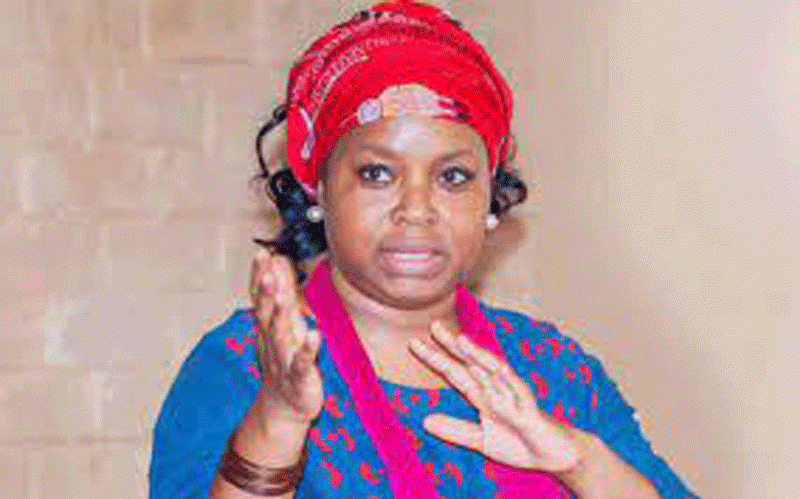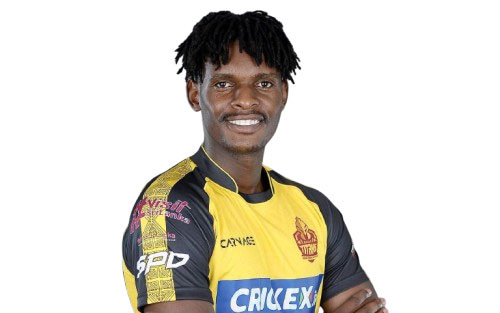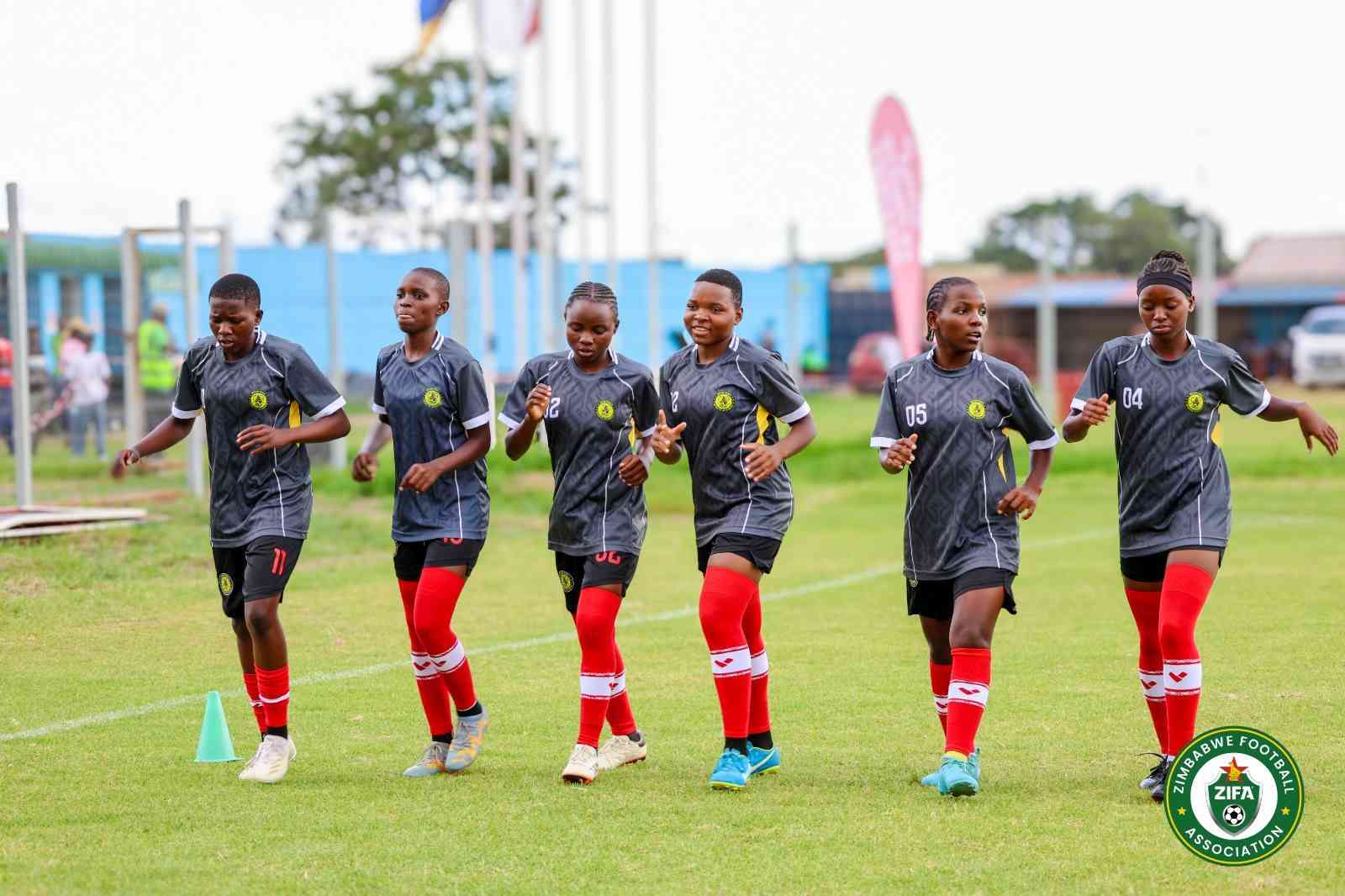
One of the most challenging experiences in life is attempting to encapsulate a full person in a page, summarising who they were, what they liked and desired in life from our perspective.
Those of us that worked with the late Rumbidzai Abigail Gamanya, who died on October 10, 2022 at the age of 49, recall her as a master strategist, straight shooter, branding expert, human and women rights defender, international relations expert, mentor to many, a natural leader, problem solver, and a gender champion.
Hers will be one of the most difficult shoes to fill because she was not just a hard worker, but was also passionate about her chosen field.
Working with her meant adopting one rule: that there are no after hours. If a bright idea struck her, she would call or text you in the wee hours of the morning or late at night and ask you to remind her the next day.
With her experience cutting across different areas of the media, that is, broadcasting, print, digital and other forms; one of her main goals was to ensure that the media was fair and impartial to both men and women. Her approach was to be inclusive, which meant that no gender issue was handled or dealt with by only one sex.
She reactivated her gender, women's, and media rights activism in 2014, when she reestablished the then-defunct Federation of African Media Women Zimbabwe (FAMWZ). Her toolkit comprised ideas, help from partners, and a programme assistant, and hers was the first model of a lean secretariat.
She believed in the value of listening and to that end undertook a national needs assessment involving input from male and female journalism students, trainers and professional journalists from across the country.
She also went door-to-door visiting media houses to let everyone know the organization was back. Gamanya was never one to shy away from enlisting the help of various international and local experts from time to time to ensure that no stone was left unturned.
- Chamisa under fire over US$120K donation
- Mavhunga puts DeMbare into Chibuku quarterfinals
- Pension funds bet on Cabora Bassa oilfields
- Councils defy govt fire tender directive
Keep Reading
Years later, the organisation rebranded and became the first media organisation to sign a Memorandum of Agreement with the Parliament of Zimbabwe, equipping and guiding members of the Zimbabwe Women Parliamentary Caucus (ZWPC) as they prepared for the 2018 elections on how to engage the media, brand themselves, and ensure they had a strong campaign strategy. She oversaw the process that resulted in the creation of a generic gender policy, which is still being adopted by most of the media houses in Zimbabwe.
Most significantly, she ensured that female media workers had a safe space to report sexual and gender harassment concerns, gave them opportunities to speak on and moderate panels on major days, authored recommendations, and coached them to be their best authentic selves.
Through her work, several women media workers were elevated, received recognition and protection in their workplaces where she helped create awareness among both men and women on issues of sexual harassment and gender equality.
Gamanya is remembered as the wolf who led the pack as she was not afraid to knock on any door to get an audience, and ensure that women were supported and treated equally.
One of her significant achievements was the training of media organisations' gender champions to guarantee that gender was fully incorporated in policy and practice within media houses.
Abigail also launched a project that taught marginalised communities media skills and ensured that rural and peri-urban communities could use digital media to tell their own stories. The move resulted in targeted rural communities going digital, which not only empowered them, but also gradually demonstrated the benefits of using social media for information dissemination and to promote small business ventures.
Women and youth in marginalised communities as a result had improved access to, control, and use of digital devices and platforms, empowering them to be official news gatherers thereby bridging the information gap between rural and urban communities, as women began actively sharing and receiving news from their families in towns and abroad, and as a result, they became community influencers.
When the Covid-19 pandemic struck; she led an initiative to include marginalised communities like Binga, Chiredzi, Mwenezi, and Chipinge in the national Coronavirus pandemic response strategy, allowing them to have a more meaningful role in reducing pandemic transmission and guaranteeing their own safety.
They were carefully targeted with communication platforms that were tailored to their needs.
They were provided with relevant and reliable information through communication mediums available to them.
When the pandemic was at its peak, she ensured that community champions from the targeted communities received psycho-social support and wellness training, as well as skills and resources for disseminating knowledge on ways to self-help and offer community aid.
Livison Chauke, one of the beneficiaries of her work had this to say when she passed on;
“The inspiring, groundbreaking and equalising "block" has broken. The "wave" that reached the shore beyond has ebbed. Abigail ‘Aby’ Gamanya, Chiredzi is rarely on the radar, but you brought us to the fore, when Covid-19 cut off even the most accessible locations on earth it would have been worse for us had it not been for Gender and Media Connect. To all the girls still chasing after a dream,pluck a page from the "Large book" as it closes. Rest in peace Mrs G”.
Professionally she leaves a lasting legacy of being one of very few media professionals committed to issues of media and gender equality training and development through strengthening the capacity of both men and women media professionals as well as citizen journalists. It is our hope that the struggle for gender equality in media houses and through media outlets in Zimbabwe continues in her honour.
Chido Valerie Sibalo-Manayiti and Mahara Goteka are gender, humanitarian and communications professionals who worked closely with Rumbidzai Abigail Gamanya










